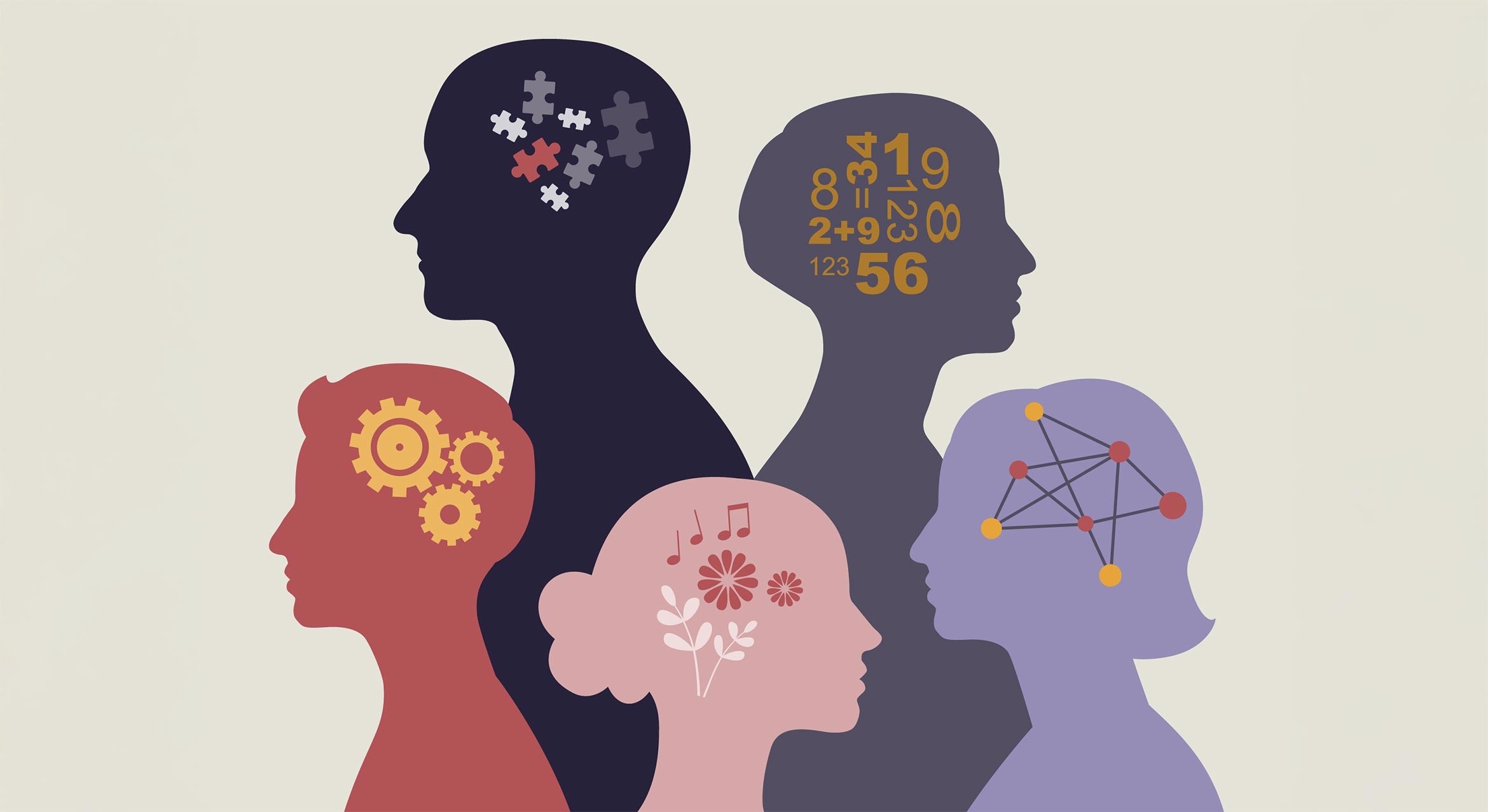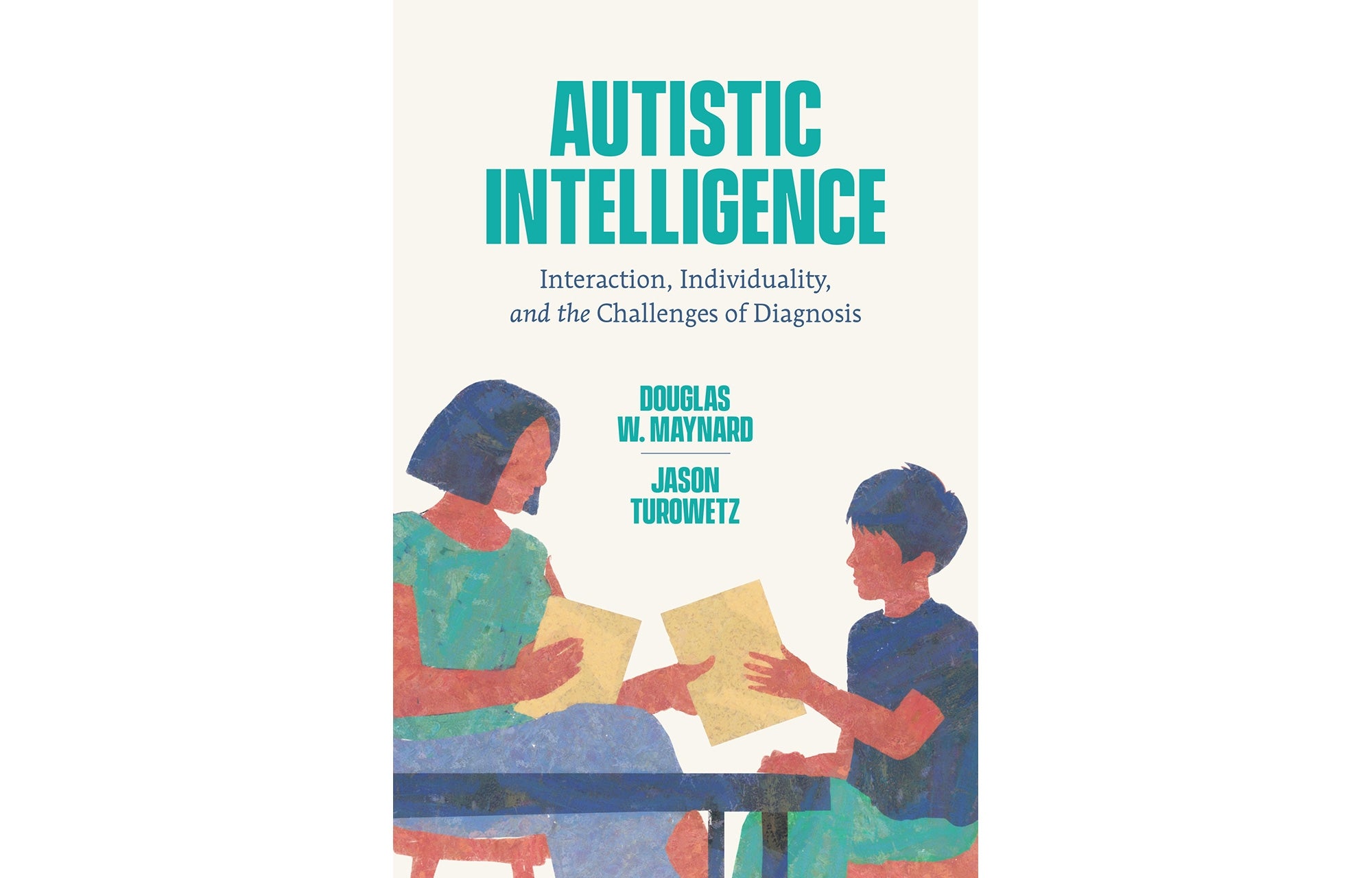
As autism has grown in prevalence, so too have attempts to make sense of it. From placing unfounded blame on vaccines to seeking a genetic cause, Americans have struggled to understand what autism is and where it comes from. Amidst these efforts, however, a key aspect of autism has been largely overlooked: the diagnostic process itself.
“Autism is often treated as an inherent condition, but our research shows that it emerges through complex interactions among clinicians, children and families,” said Jason Turowetz, lecturer in sociology at UC Santa Barbara and coauthor of “Autistic Intelligence: Interaction, Individuality, and the Challenges of Diagnosis” (University of Chicago Press, 2022) with Douglas W. Maynard. Their book, which recently won two American Sociological Association (ASA) awards — including the 2024 Melvin Pollner Prize in Ethnomethodology from the ASA’s Section on Ethnomethodology and Conversation Analysis — shifts the conversation to the social and clinical processes involved in diagnosis, offering a fresh perspective on autism as both a category and a set of unique strengths.
“By illuminating the conversations and contexts that shape diagnosis,” Turowetz added, “we hope to raise awareness of the many strengths possessed by neurodiverse individuals, which are too often overlooked or even mistaken for deficits by medical practitioners and the broader society.”
The authors challenge the norms by which autistic behavior is measured, urging readers to view it not as disordered but as sensible — and even valuable. Through their ethnographic study, which included hundreds of hours of video recordings at a diagnostic clinic, they uncover the nuanced dynamics that shape autism diagnoses. The book reveals that these labels are not fixed, but rather the outcomes of fluid, context-dependent processes.
“Autistic Intelligence,” which also won the ASA’s Social Psychology Section’s Outstanding Recent Contribution in Social Psychology Award, highlights how diagnoses, while essential for classification and access to services, also have the potential to illuminate the individuality and unique contributions of those diagnosed. Rather than framing autism in terms of deficit, the authors explore how its traits can reflect distinct forms of intelligence and interaction.

Praised for its timely and accessible approach, the journal Social Forces (Oxford University Press) described the book as a shift “to the space between autistic people and the contexts that constitute their life worlds,” while sociologist Harvey Molotch called it “an authoritative challenge to conventional public and expert orientations toward autism.” The work also reflects Maynard’s decades-long expertise in social interaction and Turowetz’s focus on meaning-making in social contexts.
For Turowetz, who teaches courses on social inequality, race and culture at UCSB, the project aligns with his broader interest in how people create shared meaning in complex environments. “Jason’s research expertise contributes to his exceptional teaching skills,” said sociology department chair Lisa Hajjar.
With “Autistic Intelligence,” Turowetz and Maynard contribute to a growing body of work that seeks to understand autism not as a static condition but as part of the evolving, diverse spectrum of human experience.
As autism diagnoses continue to rise, their work raises important questions: How can we ensure diagnostic processes better reflect the individuality of those involved? And how might society expand its understanding of what it means to be “intelligent”? For Turowetz and Maynard, the answers begin by looking closely at the conversations and contexts that shape every diagnosis.




